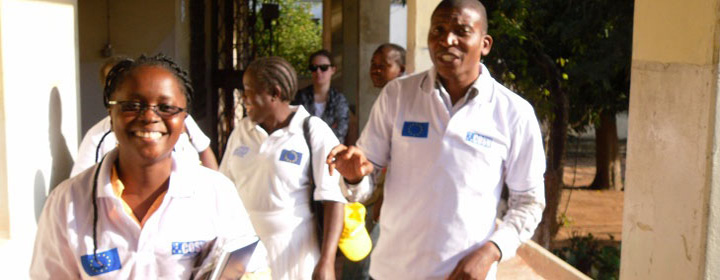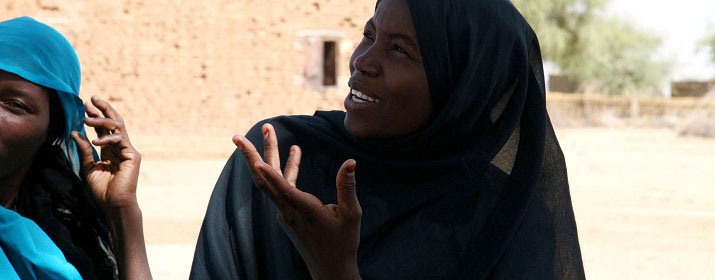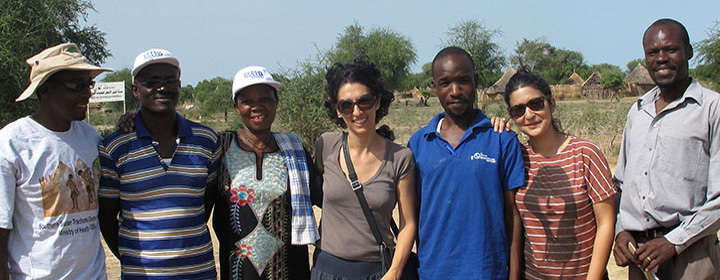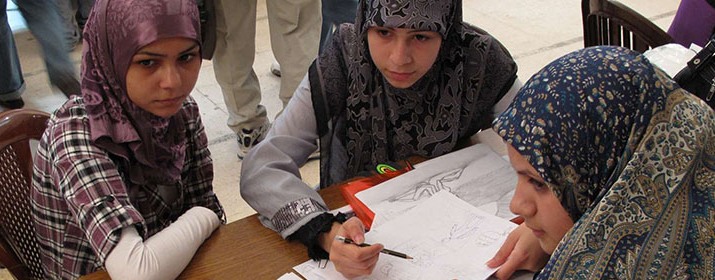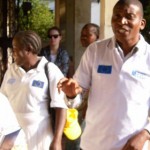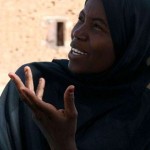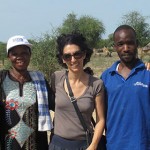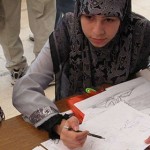On March 18th and 19th, at the UNESCO Palace in Beirut, two girls in red suit surprised the audience of the “EU – Lebanon Cooperation Days” with trays of fruit and vegetables: they were offering carrots, bananas, mandarins and apples and asked the skins and debris back. For every “bio-waste” entered in a container, a small lamp on the tray lit. How can electricity be produced from carrots?
Many people attending the event organized by the European Union Delegation in Lebanon – set up to introduce the cooperation projects that the European Union is funding in the country – came to our stand to know more about renewable energy. We presented the “CleanEnerTec”, the project we are implementing in Baalbek, in the Beqaa Valley, to promote the use of clean energy sources and energy saving measures, through the construction of a biogas plant.
Biogas plants are already active and functioning in Europe and other parts of the world, but in Lebanon this is a pilot and innovative project: in a country where public electricity works only a few hours a day and people must rely on private diesel generators, renewable energy means a real possibility to reduce electricity costs.
Biogas and electricity production from organic waste are new concepts to the Lebanese society, and explained with technicalities and engineering processes details they immediately lose their appeal. What to do, then, to involve local people and make them understand what we are doing at Baalbek? Thinking about the “EU – Lebanon Cooperation Days”, we talked with the guys of Waraq, an association of young artists and creative people in Lebanon. And there we had the idea!
Being able to directly see the lighting of the lamp from the peel of a tangerine, an apple or a banana has intrigued the audience, that came to the stand with interest. We talked about the project with high school and university students, members of NGOs, associations, local authorities, entrepreneurs, experts and consultants of other European projects. Some doubt remained: the owner of a farm in Lebanon which, perhaps not having understood the whole project, insisted on selling us a big batch of apples so that we could produce more electricity!
The involvement of the population is essential for this project, and the “EU – Lebanon Cooperation Days” have been an important opportunity to explain how from entering the organic waste collected by the Municipality of Baalbek in the system, a process of anaerobic fermentation is triggered, methane gas is produce and, stored and burned by a special generator, electricity is produce. And the benefits will be felt by the environment and Lebanese economy.

